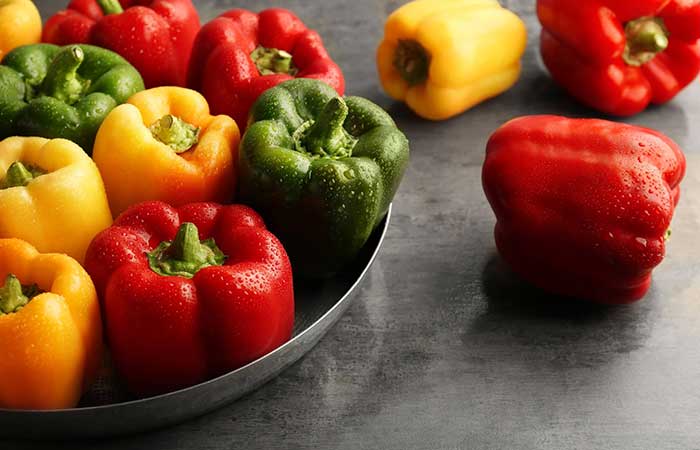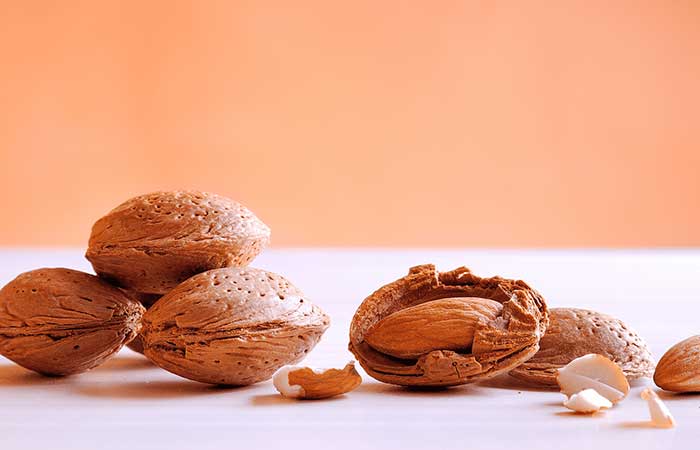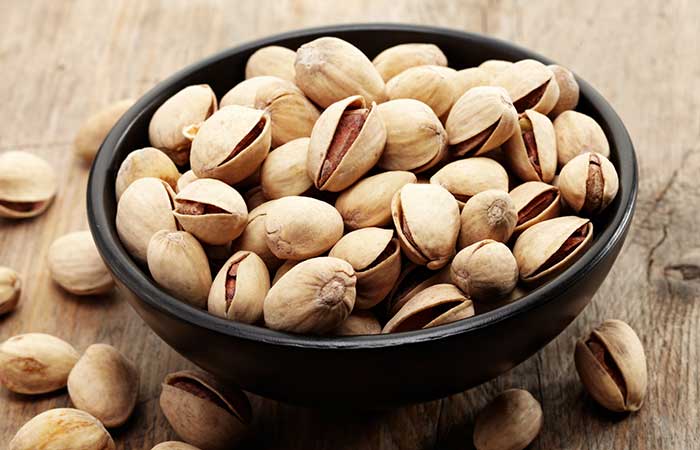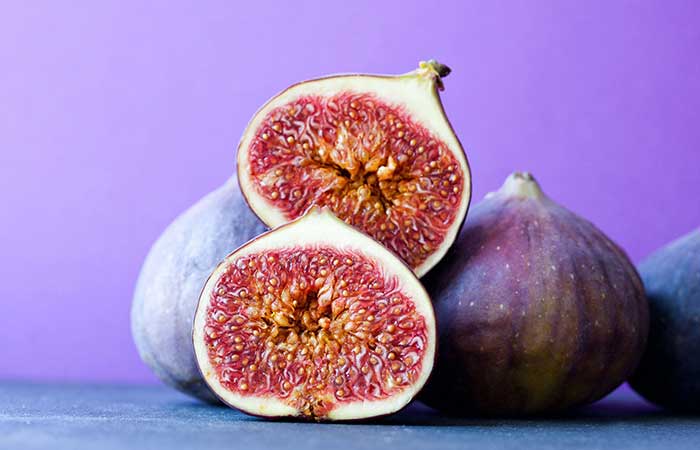Raisins and everything you need to know about them
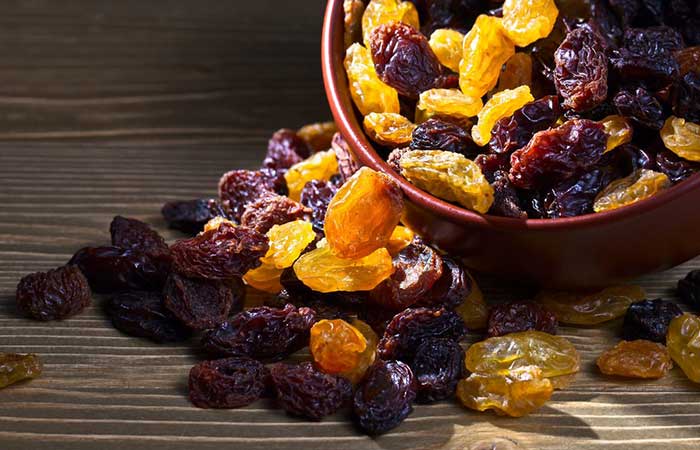
Raisins have a long and storied history, dating back thousands of years to ancient civilizations like Persia and Egypt. They were not only consumed as a food source but also held cultural and religious significance.
The mention of raisins in the Bible, particularly during the time of Moses and King David, highlights their presence in ancient Judean culture. Their usage as offerings and prizes in sporting events further demonstrates their importance in ancient societies.
Today, Turkey and the United States are the leading producers of raisins, collectively contributing to a significant portion of the world's raisin production. Other countries such as Iran, Greece, Chile, and South Africa also play a substantial role in raisin production.
The U.S. raisin industry, as you mentioned, is mainly centered in California, where the first raisin grapes were planted in 1851. California's climate and soil conditions have proven to be suitable for raisin production, making it one of the major raisin-producing regions globally.
Raisins remain popular worldwide and continue to be used in various culinary applications, from baked goods and cereals to trail mixes and salads. Their longevity and enduring appeal are a testament to their status as a beloved dried fruit with a rich history.
Varieties of Raisin
Each variety has its unique characteristics, and they are cultivated in different regions around the world, contributing to the diversity of raisins available in the market.
- Thompson Seedless: Also known as Sultanina, this pale yellow seedless grape is a widely grown variety in California, United States. It is one of the most popular choices for making golden raisins due to its sweetness and light color.
- Muscat (Alexandria): This large-seeded variety is known for its sweet and musky flavor. It is also referred to as Gordo Blanco in Australia.
- White Hanepoot: Grown in South Africa, White Hanepoot grapes are used to produce sweet and aromatic raisins.
- Black Corinth (Zante currant, Staphis): This small black seedless grape is known for its intense sweetness. It is widely cultivated in Greece and used to make Zante currants, a type of dried fruit often mistaken for raisins.
- Round Kishmish: A variety of raisin grape found in Central Asia and South Asia. It is known for its small and round shape.
- Rosaki: Another variety of raisin grape with origins in the Mediterranean region. It is valued for its sweet and fruity taste.
- Dattier: This variety is grown in the Middle East and North Africa. It is favored for its elongated shape and rich flavor.
- Monukka: A large, dark-colored raisin grape variety, commonly grown in California, United States.
- Cape Currant: Cultivated in South Africa, Cape Currant grapes are used to produce currants that resemble small raisins.
Each variety of raisin grape has its unique taste and characteristics, and they are used in various culinary applications, including baking, cooking, and snacking. The diversity of raisin grapes contributes to the wide range of raisin products available worldwide, satisfying different consumer preferences and culinary needs.
Types of raisins based on drying
The method of drying and other factors can lead to various types of raisins with distinct characteristics and uses. Here are some common designations for raisins based on the method of drying and other factors:
- Natural Raisins: Natural raisins are dried in the sun in their natural state. They have a grayish black or grayish brown color with the natural bloom (a fine, powdery coating) intact and a relatively tough skin.
- Golden-Bleached Raisins: These raisins are made from Thompson Seedless grapes that are dipped in a 0.5 percent lye solution and then exposed to sulfur dioxide after drying. They have a lemon-yellow to golden yellow color and are often used in baking and confectionery.
- Lexia Raisins: Also known as Muscat raisins or Muscatels, lexia raisins are a type of golden raisin made from Muscat grapes. They are produced using a similar process as golden-bleached raisins and have a sweet and musky flavor.
- Sulfur-Bleached Raisins: These raisins are pretreated like golden-bleached raisins, but instead of being exposed to sulfur dioxide, they are left on trays in the sun for a few hours and then dried in the shade for several weeks. The finished product has a waxy and creamy appearance with a faintly reddish-yellow color.
- Seeded Raisins: Some raisins are sold with the seeds still intact, typically from grapes with larger seeds.
- Loose Raisins: These are individual, unclumped raisins, often used for baking or as a topping for cereals and desserts.
- Layers Raisins: Layers raisins are arranged in flat, uniform layers, making them convenient for packaging and transportation.
- Size Grades: Raisins may be graded based on their size, which can vary from small to large.
- Quality Grades: Raisins may also be classified based on their quality, considering factors like color, size, and freedom from defects.
These various designations and grading systems help consumers and manufacturers identify the specific type of raisins they prefer for different culinary purposes. From natural raisins to golden-bleached and sulfur-bleached varieties, the raisin industry caters to a wide range of preferences and applications in the global market.
Nutrition
Raisins are a nutritious dried fruit that provides various essential nutrients. Here are some of the key nutritional benefits of raisins:
- Carbohydrates: Raisins are primarily composed of carbohydrates, particularly natural sugars like glucose and fructose, which provide a quick source of energy.
- Dietary Fiber: Raisins are a good source of dietary fiber, which aids in digestion and helps maintain bowel regularity.
- Antioxidants: Raisins contain antioxidants like polyphenols, which help neutralize harmful free radicals in the body and protect cells from oxidative damage.
- Vitamins: Raisins are rich in certain vitamins, including vitamin C, vitamin K, and several B vitamins like B6 and niacin.
- Minerals: Raisins are a good source of essential minerals, such as potassium, iron, calcium, and magnesium.
- Natural Sugars: While raisins do contain natural sugars, they are a healthier alternative to refined sugars often found in processed snacks and desserts.
- Low in Fat: Raisins are low in fat, making them a suitable addition to a balanced diet.
- No Cholesterol: Raisins do not contain cholesterol, making them heart-friendly.
- Gluten-Free: Raisins are naturally gluten-free, making them a safe option for individuals with gluten sensitivity or celiac disease.
However, it's essential to consume raisins in moderation, as they are calorie-dense due to their high sugar content. While they provide many nutrients, overeating raisins can contribute to excessive calorie intake. Adding raisins to your diet as part of a balanced and varied eating plan can be a healthy choice, but it's essential to consider portion sizes and overall dietary needs.
Remember that individual dietary requirements can vary based on factors such as age, sex, activity level, and health conditions. If you have specific nutritional concerns or dietary restrictions, it's always best to consult with a healthcare professional or a registered dietitian for personalized advice.
Health Benefits
Raisins offer several health benefits when consumed as part of a balanced diet. Here are some of the potential health benefits associated with eating raisins:
- Improved Digestive Health: Raisins are a good source of dietary fiber, which promotes healthy digestion and helps prevent constipation by adding bulk to the stool.
- Heart Health: Raisins contain potassium, which supports heart health by helping to maintain healthy blood pressure levels. The antioxidants in raisins may also help reduce inflammation and oxidative stress, contributing to overall heart health.
- Bone Health: Raisins contain calcium and boron, both of which are essential for maintaining healthy bones and preventing osteoporosis.
- Anemia Prevention: Raisins are a decent source of iron, which is vital for preventing and treating iron-deficiency anemia.
- Energy Boost: The natural sugars in raisins, particularly glucose and fructose, provide a quick and sustained source of energy, making them a good snack for active individuals or before workouts.
- Antioxidant Properties: Raisins are rich in antioxidants, such as phenols and flavonoids, which help protect the body's cells from damage caused by free radicals.
- Oral Health: Some studies suggest that compounds in raisins may inhibit the growth of certain bacteria in the mouth, potentially contributing to improved oral health and reduced risk of cavities.
- Weight Management: Despite their natural sugars, raisins can be a satisfying and portion-controlled snack, which may help with weight management when consumed mindfully.
- Reduced Risk of Chronic Diseases: The antioxidants, fiber, and other beneficial compounds in raisins have been associated with a reduced risk of chronic diseases, including certain types of cancer and cardiovascular conditions.
It's important to note that while raisins offer these health benefits, they should be consumed in moderation due to their calorie density and sugar content. Additionally, individual health needs and dietary considerations vary, so it's best to incorporate raisins into a balanced diet alongside a variety of other nutrient-rich foods.
As with any dietary changes or health concerns, it's advisable to consult with a healthcare professional or a registered dietitian to receive personalized advice and recommendations tailored to your specific health status and goals.
Risks
While raisins offer various health benefits when consumed in moderation, there are some risks associated with their consumption. Here are a few potential risks to consider:
- High Sugar Content: Raisins are naturally high in sugars, particularly fructose and glucose. While these sugars are natural, excessive consumption can lead to an increased intake of calories and contribute to weight gain or other health issues, especially for individuals with diabetes or those trying to manage their blood sugar levels.
- Dental Health: Raisins are sticky and can cling to teeth, increasing the risk of dental cavities and tooth decay, especially if proper oral hygiene is not maintained after consumption.
- Sulfites: Some individuals may be sensitive or allergic to sulfites, which are used as preservatives in certain varieties of raisins. Sulfites can trigger allergic reactions in susceptible individuals, leading to symptoms such as asthma, hives, or gastrointestinal issues.
- Pesticide Residues: Like many fruits, raisins can contain pesticide residues if not properly washed or from conventionally grown crops. Choosing organic raisins may reduce exposure to pesticides.
- 5Potential for Contamination: Raisins can be susceptible to contamination with mold, especially if they are improperly stored or processed. Eating contaminated raisins can cause gastrointestinal issues or allergic reactions.
- Choking Hazard: Raisins are small and dense, which can pose a choking risk, especially for young children or elderly individuals who may have difficulty chewing.
- Interactions with Medications: Raisins may interact with certain medications, particularly those used to manage blood sugar levels or blood pressure. If you are taking medications, it's essential to consult your healthcare provider or pharmacist before consuming large amounts of raisins regularly.
As with any food, it's crucial to consume raisins in moderation and be mindful of individual dietary needs and health conditions. If you have specific health concerns or dietary restrictions, consider seeking advice from a healthcare professional or a registered dietitian to determine how raisins fit into your overall diet plan.
Iranian Raisins
Iran is one of the major producers and exporters of raisins in the world. Iranian raisins are known for their high quality, diverse varieties, and rich flavor. The unique climate and soil conditions in different regions of Iran make it suitable for growing various types of grapes, which are then dried to produce a wide range of raisins.
Some of the popular Iranian raisin varieties include:
- Sultana Raisins (Golden Raisins): These are made from seedless green grapes, primarily Thompson Seedless grapes. They are dipped in a lye solution and dried, resulting in golden-colored, sweet, and tangy raisins.
- Malayer Raisins: These raisins come from the city of Malayer in Iran and are usually dark brown, sweet, and juicy.
- Shahani Raisins: Shahani raisins are medium to large-sized, dark-colored raisins with a sweet and slightly tart taste.
- Kashmar Raisins: Kashmar raisins are large-sized, dark-colored raisins, known for their sweet and juicy flavor.
- Sultani Raisins: Sultani raisins are made from seedless green grapes and have a sweet and fruity taste.
- Keshmesh (Kismis) Raisins: These are small, seedless raisins, usually darker in color, and are widely used in various dishes and desserts.
Iranian raisins are a popular choice for both domestic consumption and export to international markets. They are widely used in cooking, baking, confectionery, and as a nutritious and delicious snack.
When buying Iranian raisins or any raisins, it's essential to choose reputable brands or suppliers to ensure the quality and safety of the product. Additionally, as with all dried fruits, it's essential to consume Iranian raisins in moderation, considering their natural sugar content. If you have specific dietary needs or health concerns, consult with a healthcare professional or a registered dietitian to determine the appropriate portion size and frequency of consumption for you.
Similar Articles
Bell peppers belong to the nightshade family (Solanaceae) and are cultivated primarily for their mild, thick-fleshed fruits. These peppers are commonly used both in salads and various cooked dishes
Almonds are indeed a popular and versatile tree nut used in various culinary applications around the world. Here are some key points about almonds:Botanical Description: The almond tree, scientifically
Pistachios are indeed members of the cashew family (Anacardiaceae) and are primarily grown in dry, warm or temperate climates. The pistachio tree is believed to have originated in Iran and has been
The fig (Ficus carica) is a member of the mulberry family (Moraceae) and is known for its delicious edible fruit. The common fig is native to an area that stretches from Asiatic Turkey to northern


